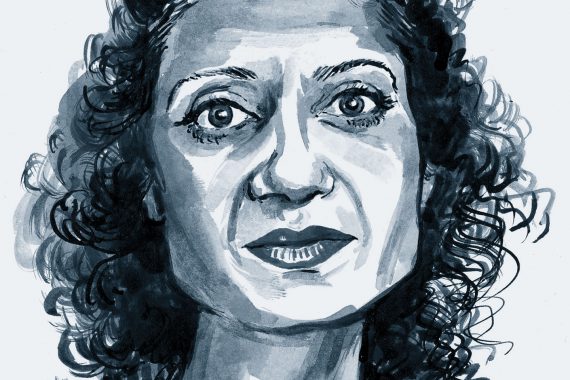Are we selling ourselves short?

As I write, the streets are still awash with joggers and it’s a fight to find a parking spot at the gym.
I also decided to join the January good intentions club, and perhaps gain some much needed spirituality, by signing up for a yoga class on the first Sunday of the New Year.
Do we value anything that is free?
Now I haul myself up at 7am every Sunday even though every bone in my body is telling me to stay in bed. You may ask what could possibly beat the urge to lie in, read the papers and enjoy a massive fry-up with my family. Simple: the £1 penalty for non-attendance. As I’m a gym member, the classes are free, but if I fail to show up to a booked class, I pay the fine. Rationally, I know I wouldn’t even notice the loss of £1, yet I’ve not missed a class.
If you think £1 is not a big enough deterrent, just look at the new policy to charge for plastic bags, which tells us people will change their behaviour for as little as 5p. Since the introduction of this meagre levy, the use of plastic bags has gone down by nearly 80%. It is clear from this that it’s not where you set the bar that matters – it’s the mere presence of a bar that causes such profound behaviour change.
My enthusiasm for a yoga class made me reflect on the extended hours surgery we offered after New Year’s Day to relieve the access pressures from the holiday week. Of a total of 13 booked appointments, eight patients failed to show up – a DNA rate of more than 60%. This is how little the public values extended access to their GP practice on a bank holiday weekend.
It comes down to the question, do we value anything that is free? Event organisers will tell you they can almost double attendance if they charge a small fee, rather than offering free entry. A free event will certainly have more people signing up for it, but a paid event will secure the greater turnout.
We also place greater value on that which is scarce. EasyJet and Booking.com use this to incite us to buy flights or book hotels – by flagging up how few places are left.
This marketing psychology can help us understand demand in general practice. Despite being a scarce resource, access to GPs has never been greater. What’s more, we’re also completely free with no penalty for non-attendance.
By introducing a penalty amounting to the price of a skinny latte, I predict we could make a big reduction in DNAs and save some cash in the process. Data from medium-sized practices that have cut DNA rates from 20% to less than 5% through telephone triage show they save around £100k a year by employing fewer clinicians. And knowing I’d be seeing patients who’d committed to being there would help me drag myself out of bed each morning. In the words of philosopher Julian Baggini, it all comes down to one thing – commitment: ‘When we pay for something we are showing commitment in a very practical way. We put something of ourselves – in this case money – into whatever it is we want. And by paying for it, we are proving to ourselves that we value it.’
Dr Shaba Nabi is a GP trainer in Bristol
Pulse July survey
Take our July 2025 survey to potentially win £1.000 worth of tokens












